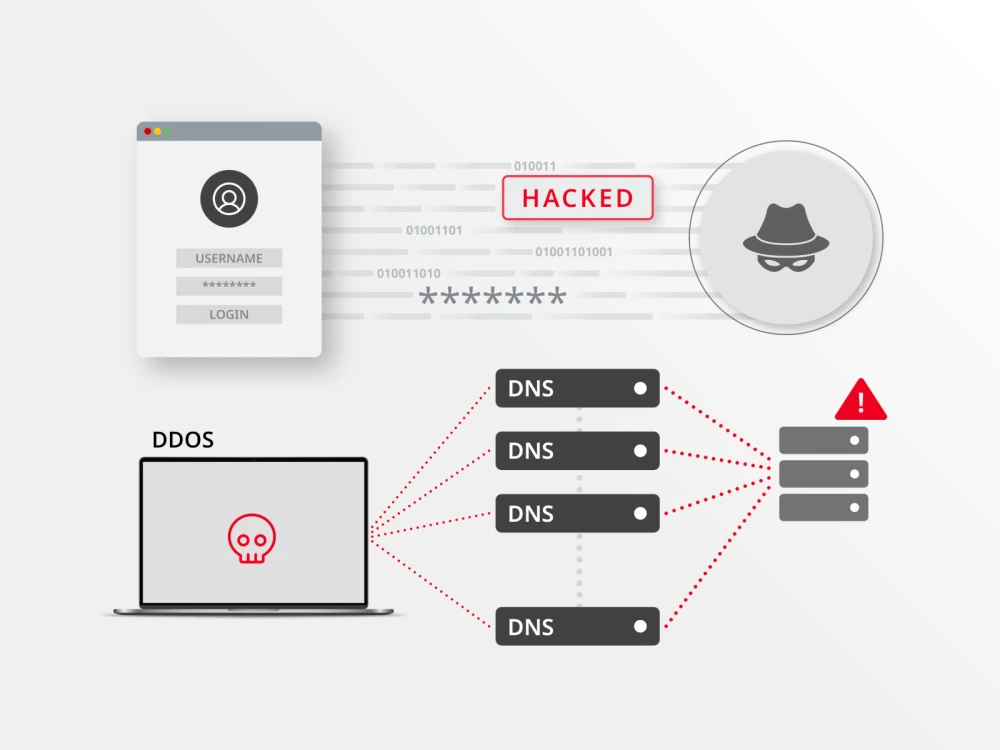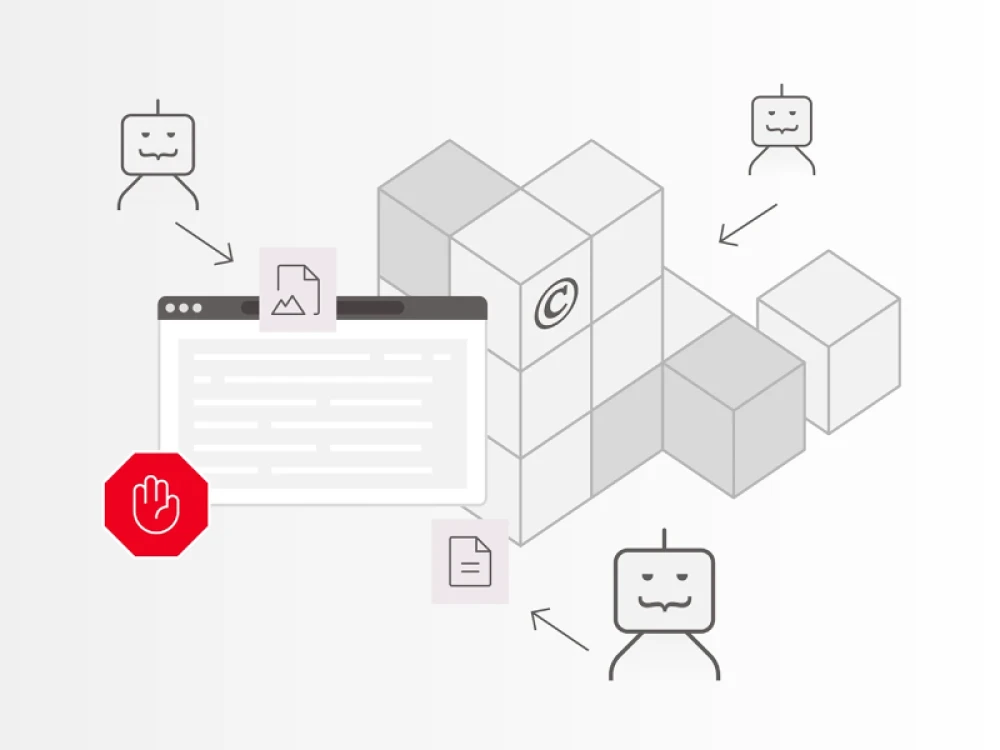Cloud computing can be a valuable tool for businesses of all sizes, providing a range of benefits for 21st-century success. A cloud-hosted content management system (CMS) allows businesses to focus on their core operations instead of grappling with complex programming, design and security issues. As organizations continue to embrace digital transformation, the need for flexible and efficient content management solutions has become increasingly critical. Cloud infrastructure provides the foundation for modern business operations, enabling teams to adapt quickly to changing market demands while maintaining seamless content delivery across multiple channels and platforms.
What is a cloud CMS?
A cloud CMS is a type of content management system that is hosted in the cloud rather than on-premises. This modern approach to content management means that businesses do not need to maintain their own servers, as the CMS is installed on a third-party server and can be accessed from any device without requiring hardware or software downloads. This cloud-based deployment model enables organizations to manage their digital content more efficiently while reducing infrastructure costs and maintenance overhead.
The options for CMS architectures have grown along with the number of vendors trying to convince you their approach is the best. To help you cut through all the clutter, we’ve developed guides to explain the differences between the main types of CMS platforms, including coupled CMS, decoupled CMS and headless CMS, as well as the pros and cons for each. Modern cloud CMS solutions can accommodate various architectural approaches, from traditional coupled systems to more flexible headless CMS implementations, allowing businesses to choose the structure that best fits their specific needs and use cases. This architectural flexibility is particularly valuable for organizations managing content across multiple channels and platforms.
Compared to a traditional CMS, which typically requires businesses to download software, install amd host it on their own server and handle maintenance and security issues, a cloud CMS simplifies these processes. The CMS is hosted in the cloud, often using a cloud computing service like Amazon Web Services, which means that the vendor is responsible for handling updates, maintenance and security. This shift to cloud hosting eliminates the need for extensive internal IT resources while providing enhanced reliability through automated software updates, regular security patches, and built-in redundancy. Additionally, cloud CMS platforms typically offer robust APIs for seamless integration with other business tools and services, enabling organizations to build comprehensive digital ecosystems that support their specific workflow requirements.
What are the benefits of a cloud-based content maagement system?
There are several significant benefits to using a cloud-based CMS over a traditional CMS, making it an increasingly popular choice for modern organizations.
Firstly, a cloud-hosted CMS reduces businesses’ dependence on their IT teams, allowing non-technical team members to easily create and manage content using no-code or low-code platforms. This democratization of content management empowers marketing teams and content creators to work more efficiently without constant technical support.
Secondly, a cloud CMS is highly scalable and can easily handle increases in traffic without overtaxing on-premises servers. This elastic scalability ensures optimal performance during peak times and helps organizations manage costs effectively by only paying for the resources they actually use.
Automatic upgrades are another key benefit, as the vendor handles all necessary updates and maintenance automatically, minimizing downtime and ensuring access to the latest features and functionality. This continuous improvement process keeps your content management system current without requiring internal IT resources or disrupting business operations.
A cloud CMS also offers enhanced security and compliance, with vendors providing robust built-in security features and automatic security updates. Cloud providers typically invest heavily in security infrastructure and employ dedicated security teams, offering better protection against cyber attacks and data theft than many organizations could achieve independently.
The flexibility and adaptability of a cloud CMS are particularly valuable, using APIs to integrate a range of applications and platforms without requiring extensive coding tweaks or changes. This interoperability allows businesses to create comprehensive digital ecosystems that connect their preferred tools and services seamlessly, enhancing workflow efficiency and content delivery capabilities.
Additionally, cloud CMS platforms often provide superior collaboration features, enabling teams to work together effectively regardless of their physical location. With real-time editing capabilities and centralized content management, organizations can maintain consistency across multiple brands, regions, or campaigns from a single platform.
In summary, a cloud CMS can offer numerous benefits to businesses of all sizes, allowing them to focus on their core operations while leaving the technical aspects of CMS management to the vendor. The combination of reduced IT dependency, scalability, automatic updates, enhanced security, seamless integration capabilities, and improved collaboration features makes cloud CMS an increasingly attractive solution for modern content management needs.
Here are some more resources to help you narrow your search for the best cloud CMS:









